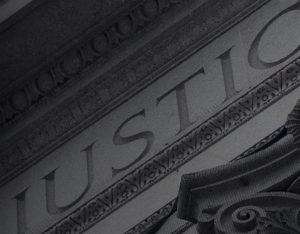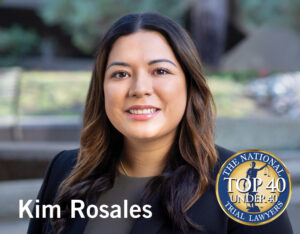Blow the whistle on bribery and corruption abroad.
Bribery of foreign officials is a widespread problem overseas. The Foreign Corrupt Practices Act (FCPA), however, gives individuals a fighting chance to bring transparency to global business.
The FCPA generally prohibits corrupt payments to foreign officials for the purpose of obtaining or retaining business. It also specifies certain accounting and record-keeping requirements for companies publicly-traded in the United States.
The FCPA applies to the following:
- U.S. companies,
- certain foreign companies,
- U.S. citizens, and
- certain foreign individuals.
Bribery to obtain a business advantage is a breach of the FCPA
Prohibited acts include an offer, promise, or authorization of a payment, as well as actual payments, of money or other items of value to a foreign official for the purpose of influencing that official in his or her official capacity. Such payments cannot be used to induce a foreign official to act or fail to act in violation of his or her duties, or to obtain an improper advantage in getting or retaining business in the foreign country. The payment or promise of payment may be for “anything of value,” including some travel, lodging, and entertainment expenses.
It sounds dry, but the bottom line is this: companies and individuals with certain ties to the United States can’t use bribes to get or keep business in foreign countries.
The purpose of the FCPA
As Secretary of State Hillary Clinton has said, allowing such conduct would undermine our leverage and credibility on the world stage, and the FCPA is critical to maintaining our standards of integrity in international trade.
Examples of FCPA violations include the following:
- Bribes falsely characterized as “commissions” or “consulting fees”
- Payment to foreign officials through third parties or shell companies
- Campaign contributions paid in connection with a government contract
- Commercial bribery or payment to agents and employees of prospective commercial partners
- Accounting irregularities and lack of internal accounting controls
Protection and rewards for whistleblowers
The FCPA was first enacted in 1977, but it wasn’t until 2010 that the Dodd-Frank Wall Street Reform and Consumer Protection Act established protection for whistleblowers who approach the SEC with information about potential FCPA violations. In addition to protecting these whistleblowers from retaliation, Dodd-Frank also provides potential financial rewards: a qualified whistleblower whose information leads to the SEC’s recovery of $1 million or more may be entitled to receive between 10 and 30 percent of the Commission’s recovery.
How Waters & Kraus can help whistleblowers
With a national presence and in-depth experience fighting fraud and corruption, Waters & Kraus, LLP, provides aggressive representation of whistleblowers in SEC whistleblower actions. The firm currently represents clients in a variety of SEC whistleblower cases, including FCPA actions.
To learn more about whistleblower representation at Waters & Kraus, or to have one of our attorneys review your potential case, email us or call 800.226.9880.





